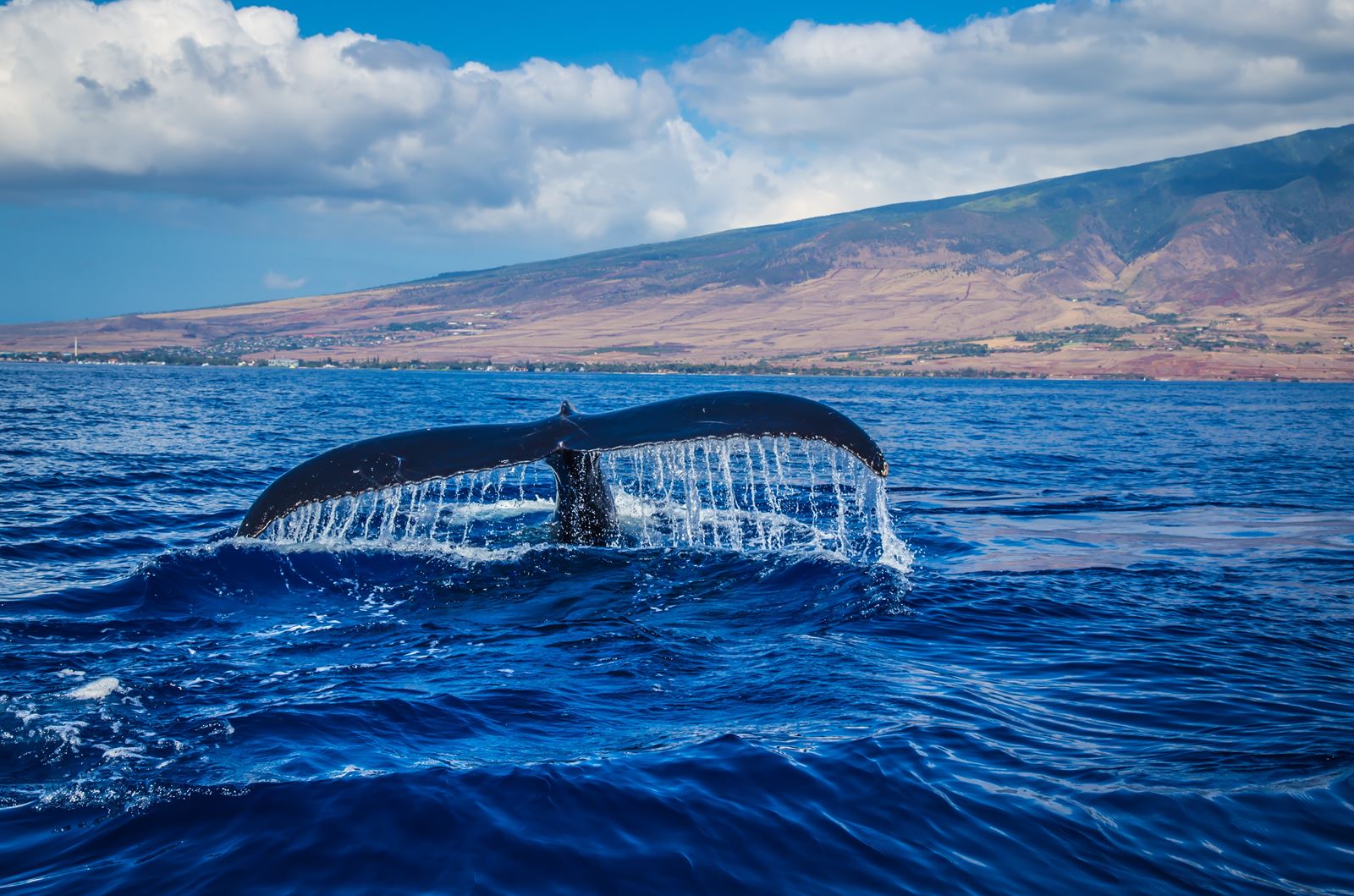
We look forward to seeing you there!
There will also be an option to join us via Zoom, please register here.
For event queries, New Generation Group (NGG) & Alumni reservations, please email us.
Lecture Summary:
Oman is situated in the far northwest of the northern Indian Ocean where wildlife experiences marine climatic extremes not found in many other parts of the world. Sea surface temperatures reach unlikely maxima and fluctuate widely, not least due intense, annual upwellings, which turn tropical conditions into a neo-temperate environments and drive and support food webs on which marine wildlife intricately depend. This remote corner of our marine realm is also the only ocean cul-de-sac in which large-scale movement of marine wildlife is restricted by the Asian landmass from reaching polar waters. This unlikely mix of biogeographic and oceanographic conditions has led to high levels of endemism, with entire populations of wildlife, some abundant, some extremely rare, found nowhere else on earth. The past four decades have witnessed steady study and accumulation of information about Oman’s unique marine fauna and in recent years this patient research has begun to reveal fascinating new insight into marine wildlife, not least unique populations of large whales.
Most of what we know about whales in Oman originally comes from the study of strandings and ad hoc observations made in the 1980s and 1990s. More recently, since 2000, focused and often high-tech research has improved our knowledge substantially, especially through dedicated research involving satellite tracking, photo-identification studies, cutting-edge genetic study, drone surveys and passive acoustic monitoring. At the same time, illegal soviet whaling data has been mined from hidden archives to reveal secrets kept from the scientific world in attempt by whalers to mask the true extent of their impact on whale populations. All this data add up to produce a picture of Oman’s whales that show them to belong to among the most unusual populations of these giant marine mammals on the planet.
The humpback whale is the most studied and consequently the best known of Oman’s cetaceans, and has been revealed to be a geographically, demographically and genetically isolated population, known officially as the ‘Arabian Sea humpback whale’. A year round, feeding and breeding resident of Oman, the Arabian Sea humpback whale, has been isolated here for over 70,000 years following a southern hemisphere range expansion and constriction that left a relic whale in Arabian Seas.
It is not only one of the most isolated of the world’s whales, but is also one of the rarest. Population abundance estimates indicate that less than 100 individuals remain in Oman, and that number appears to be falling. Satellite tracking studies show the whales ranging within a ~1,000 km corridor along the southern coast and offshore waters of Oman and northern Yemen, with excursion, by females at least, to southern India. Increasing threats, reflected by an increase in strandings, raises concerns for Arabian Sea whales of all kinds, whilst tour operators start to realize the value of a whale watching experience that can provide access to these uniquely Arabian ocean giants.
The lecture on May 15th in London will be entitled ‘Unique Whales of Oman – History, mystery, current study and an uncertain future’ and will cover the fascinating history of how a unique population of Arabian Sea humpback whales was discovered and how modern research is revealing its secrets, as well as why its future looks so uncertain. Other large whale species, about which much less is known, will also receive attention, including the Bryde’s whale and Indian Ocean blue whale.
About the speaker:
Rob Baldwin is a well-known marine conservationist, specialising in marine mammals and sea turtles of the Arabian region, and also has wider interests both taxonomically and geographically.
He has skills in many environmental fields, from EIA and protected areas planning to education and sustainability, all with the ambition of making positive contributions towards a better world.
Rob works on numerous committees and advisory boards of national and international organisations, such as IUCN, CMS, IWC, IOSEA and others, makes it his business to get involved in networks, such as the UN's Eye on Earth, and is regularly consulted, particularly in the Arabian region, by host governments and other organisations on matters related to the marine and coastal environment.
Among the core activities that take up his field time is the long-term study of the Endangered Arabian Sea humpback whale and Endangered and Critically Endangered sea turtles. Rob is also a founder of Five Oceans, a principle-led environmental consultancy that helps to bridge the gaps between conservation and development. In his spare time Rob has written and self-published numerous books, mostly about marine life, although he has also recently authored an award-winning publication on sustainable tourism. Rob is co-founder of a popular online platform (www.consciousme.com) designed to bring together great people, businesses and organisations focused on impacting our world in a positive way, and to empower and inspire people everywhere to make better choices in their everyday lives.